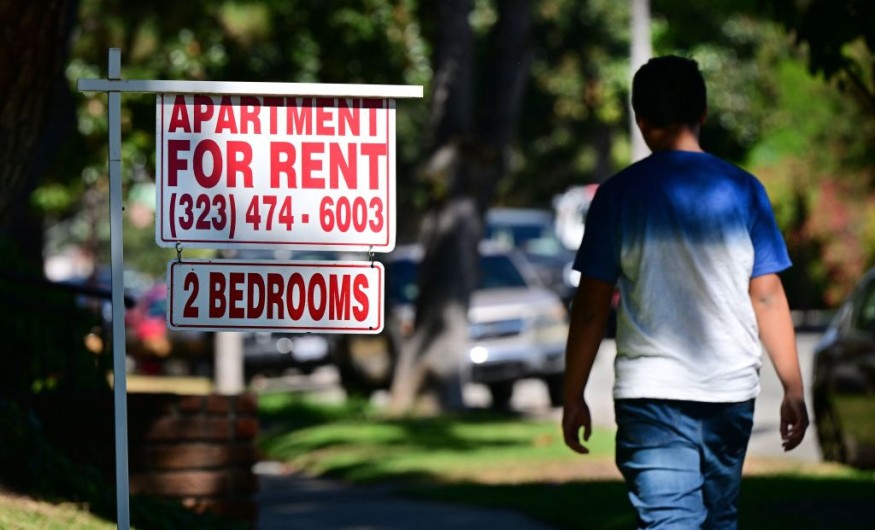
Renting from a private landlord can be an enticing prospect for many tenants, often promising a more personalized and flexible experience compared to larger property management companies.
However, it's essential to be aware that there are challenges and potential pitfalls that come with renting from private landlords. Here's a list of the potential downsides to help you make an informed decision.
What Is a Private Landlord?
Generally speaking, a private landlord is an individual who owns and manages one or more rental properties independently. In comparison, some apartments are managed by a larger property management company or real estate conglomerate.
Private landlords are directly involved in every aspect of the rental process, including marketing available units, finding and screening tenants, and handling maintenance requests.
Disadvantages of Renting From a Private Landlord
Limited Resources for Maintenance and Repairs
One of the primary pitfalls of renting from a private landlord is the potential for limited resources dedicated to maintenance and repairs. Unlike larger property management firms, private landlords may lack the financial capacity or immediate access to a network of contractors, resulting in delays or insufficient attention to property upkeep.
Lack of Emergency Support
Private landlords may not always have the infrastructure in place to provide timely emergency support. In case of urgent issues like a burst pipe or electrical problems, tenants might find themselves without immediate assistance, leading to inconvenience and potential damage to the property.
Lack of Resident Services
Compared to professional property management companies, private landlords may not offer a range of resident services. Services such as online portals for rent payments, maintenance requests, and community events might be limited or non-existent. Additionally, private landlords are less likely to provide specialized services such as pest control or HVAC repairs.
Lack of Amenities
Private landlords often own smaller-scale properties that may lack the amenities commonly found in larger apartment complexes. Facilities like fitness centers, communal spaces, or on-site laundry facilities may be absent, limiting the lifestyle options for tenants.
Poor Groundskeeping
While larger property management companies typically invest in professional landscaping services, private landlords might handle groundskeeping on their own. This could lead to inconsistent maintenance, affecting the curb appeal and overall aesthetics of the property.



